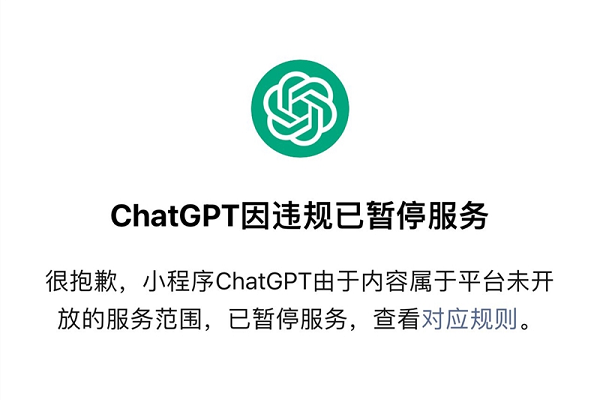The recent surge of attention surrounding the artificial intelligence-powered chatbot, ChatGPT, has sparked debate in both offline and online communities. With Chinese tech companies eager to catch up with their American counterparts, the development of ChatGPT-style services has become a new battleground in the tech war between the US and China. Recently, three Chinese technology experts shared their opinions on the impact and future potential of ChatGPT in an article published by the China Daily, an English-language newspaper owned by the Central Propaganda Department of the Chinese Communist Party. We can gain insight into China’s perspective on the increasing prominence of ChatGPT through the views expressed by these technology experts.
What is ChatGPT?
ChatGPT is a powerful chatbot developed by American company OpenAI and launched in November 2022. Built on top of the OpenAI’s GPT-3 family of large language models, it engages in human-like dialogue prompted by questions. It has numerous potential uses and has made significant progress in natural language processing.

ChatGPT as High-Tech Progress, Not a Revolution
Jing Jiwu, a professor at the University of Chinese Academy of Sciences, believes that ChatGPT represents high-tech progress, not a revolution. He explains that while ChatGPT has made significant strides in natural language processing, it still has a long way to go in completely mimicking the human mind and language faculty.
According to Jiwu, ChatGPT may produce plausible-sounding but incorrect answers and can only be used as a reference. It is not a substitute for professional advice such as medical prognosis and prescriptions, or legal advice.
It has potential for improving search engines, but as a pre-trained language model, its use is limited, added Jing Jiwu.
He suggested investors to be cautious about blindly investing huge amounts to further develop ChatGPT, because it may not turn out to be successful and create bubbles in the high-tech market.
Limited Application, No Quick Return on Investment
Tao Jianhua, a professor at the department of automation at Tsinghua University, explains that ChatGPT is a pre-trained language model with limited application. It is equipped with a massive volume of data, which allows it to produce human-like responses and reinforce learning through feedback. However, according to Tao, its applications are limited to a small number of fields, and its content is dependent on the data it was pre-trained on. He suggests that investment in ChatGPT should focus on research and development, and investors should not expect quick returns on investment.
Tao, however, sees the potential of pre-trained chatbot models like ChatGPT in the field of AI. He views it as a key player in future AI products and applications, particularly due to its multi-tasking abilities, which was previously thought impossible for AI models.
China Needs Its Own ChatGPT Model
Zhang Huaping, an associate professor on natural language processing at Beijing Institute of Technology, believes that China needs its own ChatGPT model which will focus more on deeper technologies, and should not blindly follow the trend.
Zhang emphasized the need for custom models tailored to specific fields, such as modern Chinese language, ancient Chinese language, minority languages, and dialects, in order to overcome language barriers among people. He pointed out that as ChatGPT is a dialogue model, greater customization is required to effectively tackle these language challenges.
He referred to ChatGPT as ‘groundbreaking research’ and highlighted its potential to revolutionize industries such as copywriting and education, as well as alter the way scientific research is conducted.
However, its potential risks have not been thoroughly studied, and its functions should not be deified. The expert believes that while AI programs can be helpful to humans, they should not replace them completely.
Critical updates
China has made significant advancements in the development of its own large-scale language models for natural language processing, with notable examples including Huawei’s Pangu NLP models, Baidu’s ERNIE, Tencent’s HUNYUAN NLP models, and Alibaba’s AliceMind.
OpenAI’s ChatGPT has been removed from the popular Chinese social media app, WeChat.







